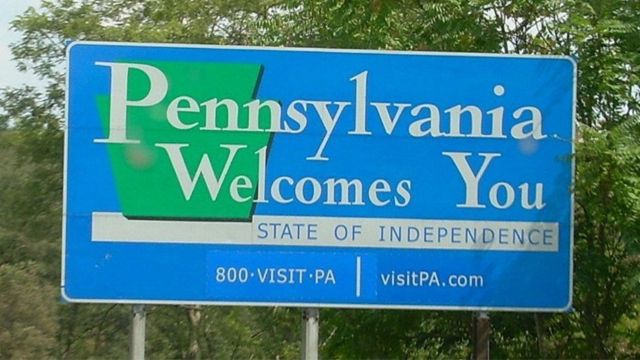Pennsylvania, hailed as the birthplace of American democracy with iconic landmarks like Independence Hall and the Liberty Bell, also harbors a less celebrated reputation. A recent study by the University of Hong Kong and Indiana University identifies Pennsylvania as one of the most corrupt states in the nation. The epicenter of this corruption is Philadelphia, surpassing cities like Chicago, Los Angeles, and New York. This distinction prompts an exploration into the causes and consequences of Pennsylvania’s pervasive corruption.
Historical Roots of Corruption
Pennsylvania’s journey into corruption traces back to its colonial past. Land frauds by the Penn family, the Paxton Boys’ Native American massacre, and the Whiskey Rebellion mark early instances. In the 19th and 20th centuries, powerful political machines in Philadelphia and Pittsburgh dominated, exemplified by corrupt figures like William “Boss” Magee, Simon Cameron, and Matthew Quay.
Cultural Underpinnings of Corruption
Beyond individual transgressions, Pennsylvania’s corruption reflects a culture tolerant of unethical practices. Described as a hub of “cronyism, nepotism, and favoritism,” the state’s politics, business, and media perpetuate corruption. Weak oversight, transparency, and a fragmented opposition contribute to this culture, exemplified by scandals like Bonusgate, Kids for Cash, and the Philadelphia Parking Authority.
The Toll of Corruption
The cost of corruption in Pennsylvania is staggering, estimated at $3.5 billion annually. This translates to about $275 per person, affecting citizens through higher taxes, diminished services, and hindered economic growth. Trust in government erodes, with only 28% of residents expressing confidence in their state government, compared to 50% nationally. Additionally, corruption tarnishes the state and city’s image, deterring potential investors, businesses, tourists, and residents.
A Glimmer of Change
While Pennsylvania’s corruption appears deeply rooted, there are signs of a shifting tide. The state and city have enacted anti-corruption laws like the Gift Ban Law and the Whistleblower Protection Law. New leaders, including Governor Tom Wolf, Attorney General Josh Shapiro, and Mayor Jim Kenney, pledge to combat corruption. Civil society and media entities, such as the Pennsylvania Coalition for Open Government and the Philadelphia Inquirer’s Spotlight Team, actively expose corruption and advocate for reform.
In Conclusion
Despite Pennsylvania’s dubious distinction as the most corrupt state and Philadelphia as the most corrupt city, there is hope for change. Through legislative reforms, diverse leadership, and the vigilance of civil society and the media, Pennsylvania has the potential to shed its corruption-laden past and emerge as a model of democracy and good governance for the nation.

